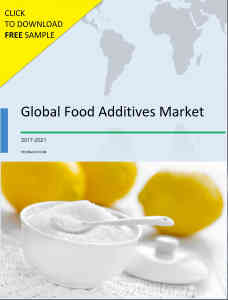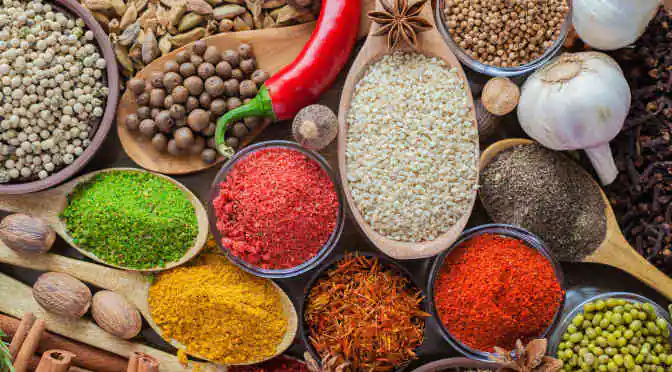The food and beverage industry is changing at a quick pace, as manufacturers endeavor to keep up with the ever-changing consumer preferences and allay concerns about ‘what is in my food?’. Herein, the query encompasses a lot more than just the added trans fats, sugar, salt and if the food was produced locally, and organically. Today, public campaigns increasingly put the spotlight on several chemical preservatives used in food items during processing as well as packaging, with rising scientific evidence questioning the safety of their use.
Food additives market has already engraved its footprints in the global food and beverages space, and is now reconfiguring to suit the evolving consumer preference, from synthetic to natural additives. Food preservatives are non-nutritive ingredients that are deliberately added to preserve the food products. These additives are usually used in commonly available products such as bakery goods, confectionery, beverages, dairy products, meats, seafood, and snack foods.
market has already engraved its footprints in the global food and beverages space, and is now reconfiguring to suit the evolving consumer preference, from synthetic to natural additives. Food preservatives are non-nutritive ingredients that are deliberately added to preserve the food products. These additives are usually used in commonly available products such as bakery goods, confectionery, beverages, dairy products, meats, seafood, and snack foods.
Responsibility begets profitability- Growing demand for natural ingredients
Consumers, on the global stage, are increasingly becoming health-conscious. As the impact of artificial ingredients used in food processing is being researched, a vast majority of the consumers prefer consuming natural foods as they are perceived to be safe to consume. Natural ingredients are extracted from different parts of a plant, and comprise of flavor-inducing and color-inducing ingredients. A few natural food colors include dehydrated beets, caramel, grape skin extract, and capsanthin.
There exist food emulsifiers in the global food additives market that can be obtained from natural sources. Such additives are considered healthy, characterized by minimal side-effects in comparison to artificial ingredients. Popular examples include lecithins from egg yolk and soy alongside esters of monoglycerides of fatty acids from vegetables.
Non-GMO is the latest MO
It is quite understandable that consumers are becoming increasingly conscious of their diet, its composition, and nutritional aspects. People tend to avoid food that contains artificial additives as they are increasingly aware of the adverse health impacts of such additives. This has not only given rise to organic and clean-label foods but also risen the demand for non-GMO (genetically modified organism) foods.
Consequently, the demand for non-GMO foods has contributed to the rise in demand for non-GMO ingredients. In this context, food vendors have launched a surge of non-GMO based solutions in the specialty ingredients market. There are non-GMO sweeteners, texturants, and proteins, each finding popular usage in a variety of foods and beverages that are consumed with great gusto around the world. Vendors can expect (backed by competent market insights) that the market for food additives that are infused with natural ingredients will grow exponentially in the next five years.



